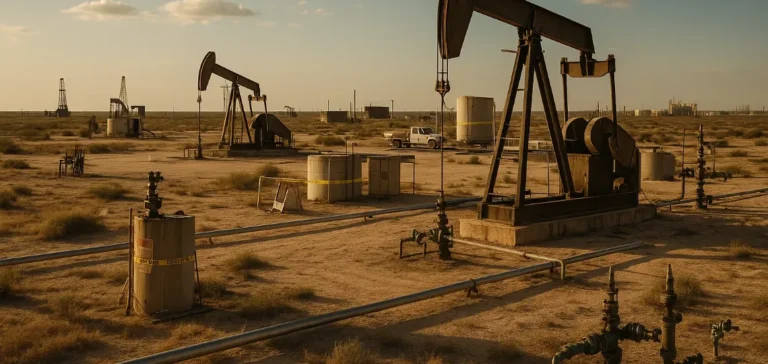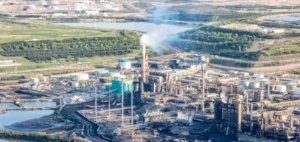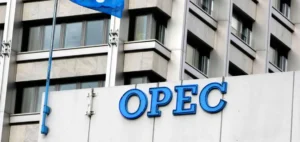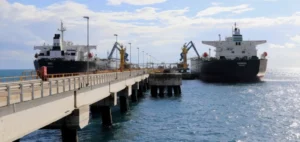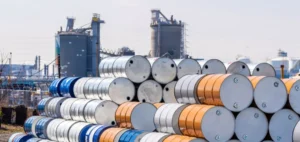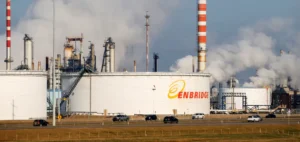Mexco Energy Corporation, an independent oil company based in Midland, Texas, reported an annual net profit of $1.71mn for its fiscal year ended March 2025, up 27% year-over-year. This increase mainly stems from higher production volumes of oil and natural gas, partly offsetting lower average hydrocarbon selling prices in the Permian Basin, a key operating region for the company.
Revenue growth despite weak prices
Annual revenues totalled $7.36mn, an 11% increase from the previous year. This improvement results mainly from increased oil and gas production volumes. The average price of oil reached $73.54 per barrel, while natural gas was sold at an average of only $1.70 per thousand cubic feet, negatively impacted by persistent pipeline capacity constraints in the Permian Basin region.
During the fiscal year ended in March, Mexco Energy participated in drilling 35 horizontal wells for an investment of approximately $1.1mn, with 17 wells scheduled for completion in the next fiscal year. Of these wells, 29 are located in the Delaware Basin, a strategically important western area of the Permian Basin located in Lea and Eddy counties, New Mexico.
Profitability boosted by royalty revenues
Additionally, Mexco allocated around $300,000 for completing 19 wells drilled the previous year. Furthermore, other operators drilled 120 gross wells (0.09 net) on which Mexco Energy holds royalties. These interests represent 31% of annual operating revenues, generating income without associated operating costs for the company.
For the current fiscal year ending March 2026, Mexco Energy plans to participate in drilling 27 new horizontal wells and completing 17 additional wells, representing an estimated total cost of approximately $1.2mn. Around $300,000 of this amount has already been invested to date, while the company continues to evaluate further investment opportunities.
Proven reserves decline, growth prospects ahead
The estimated net present value of Mexco Energy’s proven reserves amounts to approximately $23mn, based on future net revenues discounted at a rate of 10% per annum. However, the company reported a 15% reduction in proven oil reserves to 675,000 barrels and a 4% drop in natural gas reserves to 4.36bn cubic feet compared to the previous fiscal year, mainly due to declining hydrocarbon prices.
Mexco Energy states that oil currently accounts for 51% of its total proven reserves and generates approximately 86% of the company’s sales revenue. Over the past year, Mexco Energy also invested nearly $2mn in acquiring mineral interests and royalties covering 840 gross wells (2.31 net), distributed across various US states.
The President and Chief Financial Officer of the company stated: “We currently have around $2.2mn in cash, no debt outstanding on our bank line of credit, and are actively seeking opportunities.”


